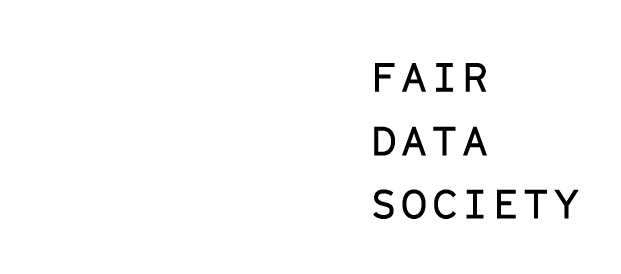Fair Data
Imagine a society of a completely private digital life where your privacy is not weaponised against you just to sell you more things. Imagine a society where data is used for social good and value is distributed fairly.
-
human rights
-
digital integrity
-
fair & ethical
-
surveillance capitalism





